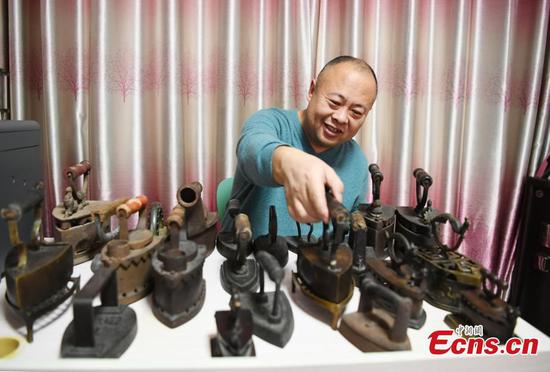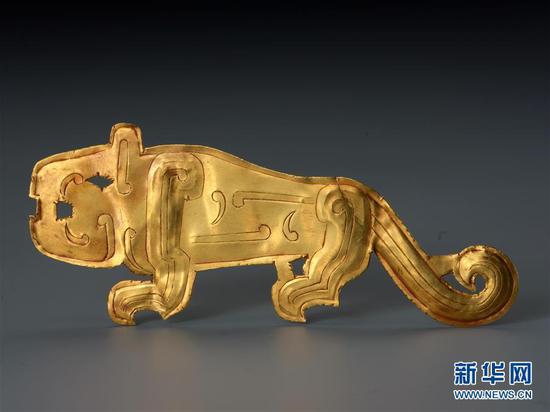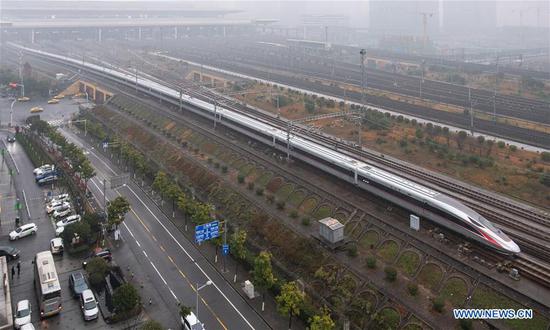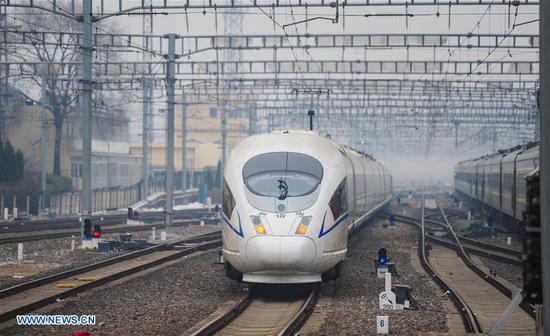
Gu Chujun (front right), former chairman of Guangdong Kelon Electrical Holdings, during a retrial of his fraud case in June. (XU LIXIN/FOR CHINA DAILY)
In September 2016, prosecutors in Henan appealed the verdict at Henan High People's Court, pointing to errors and a lack of evidence.
About six months later, the court overturned the original judgment and sent the case back to the intermediate people's court for retrial.
Zhao was overjoyed and grateful when the convictions against him and his company were quashed last year, and he hit the headlines in November after the court in Xinxiang filed his claim for State compensation.
"I asked for such a large amount mainly to rebuild my business and begin operating again," he said. "I only applied for personal compensation of 2 million yuan."
The court is still evaluating his losses in terms of earnings, assets and property.
"I don't really care about how much money I will receive. What I want is a strict legal evaluation and the efficient implementation of compensation," he said.
Essential sector
According to Ma Bin, vice-president of the China Association of Small and Medium-sized Enterprises, in recent years, the government has redoubled efforts to encourage non-State businesses and safeguard entrepreneurs' property and asset rights in recognition of the private sector's contribution to economic growth
Speaking in November at a seminar on legal protection for private enterprises, Ma emphasized that the private sector is a key driver of the economy.
"More than 90 percent of small and medium-sized enterprises are non-State-owned businesses. They have provided more than half the country's annual national tax revenues in the past few years. They have also promoted technological innovations and boosted employment and GDP," she said.
Zhou Shaojie, an associate professor of economics at Tsinghua University in Beijing, echoed Ma's comments, saying private enterprise made a great contribution by soaking up excess labor when the nation's State-owned enterprises were reformed in 1998.
"The reform left many people unemployed. However, thanks to private businesses offering a huge number of job opportunities, we overcame the difficulties and pushed forward with the development of the economy," he said.


















































